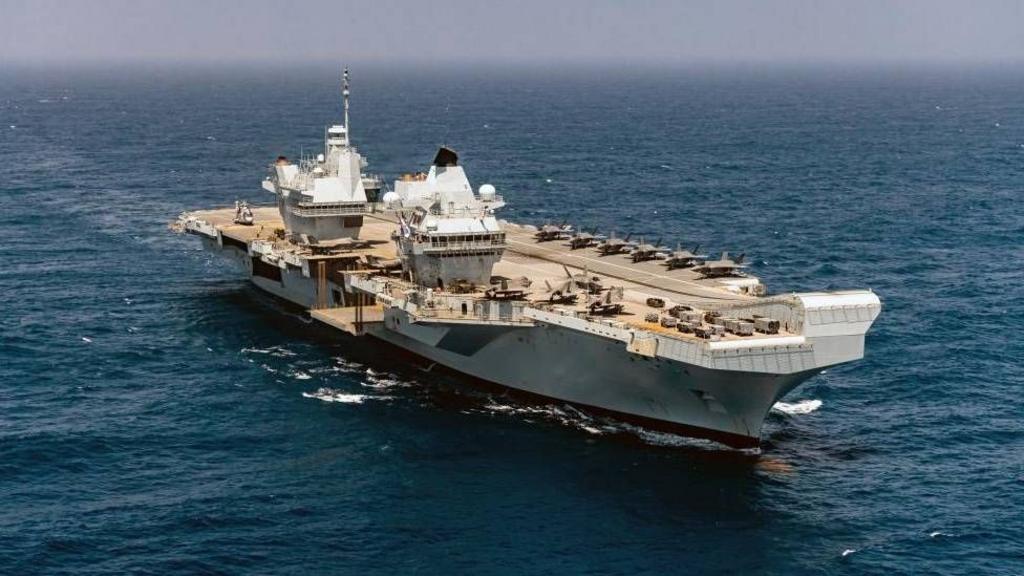Defence Secretary John Healey has confirmed the UK’s defence spending will undoubtedly reach 3% of GDP by 2034 at the latest.
Building on Prime Minister Sir Keir Starmer’s February announcement of a 2.5% increase by April 2027, with a stated ambition to reach 3% by 2034 (economic conditions permitting), a government source assures the target will be met within the next parliamentary term.
This confidence underpins Monday’s unveiling of a major strategic defence review, outlining military and security spending priorities for the coming years. The review operates on the assumption that the 3% target will be achieved.
Consequently, several planned measures’ feasibility hinges on reaching this spending level, with the review incorporating provisions to accelerate project delivery should the 3% target be met sooner.
The review acknowledges “a new era of threat,” highlighting the evolving nature of dangers posed by drones and artificial intelligence.
To counter these threats, the review recommends deploying digital experts alongside troops for drone defence and the management of future unmanned weapons systems.
The 130-page document (approximately 45,000 words) highlights the “immediate and pressing” threat from Russia, labels China a “sophisticated and persistent challenge” (but not an enemy), and designates Iran and North Korea as “regional disruptors”.
The Office for Budget Responsibility (OBR) estimates achieving the 3% GDP defence spending target would necessitate an additional £17.3 billion in 2029-30.
In an interview with The Times, Healey reaffirmed the UK’s commitment to meeting the target, stating it enables long-term planning and addresses current pressures.
This review unfolds as other government departments negotiate their budgets for the next three years. The BBC understands negotiations are ongoing for Deputy Prime Minister Angela Rayner’s budget allocations (social and affordable housing, local councils), and the Home Office’s budget (policing, border control) is still in its early stages.
The Ministry of Defence announced £1.5bn in additional funding for military housing improvements, addressing urgent repairs and new housing developments, following a Commons defence committee report highlighting the poor condition of service family homes.
While the Liberal Democrats welcome this step, they urge further improvements to meet decent homes standards.
Four crew and 25 passengers were killed when the helicopter went down in foggy conditions over the Mull of Kintyre in Scotland on 2 June 1994.
As the chancellor prepares to set government budgets for future years, who are likely winners and losers?
Documents shown to court by MoD show the officer rejected every application referred to him in the summer of 2023.
The Ministry of Defence confirms the fire broke out after a live firing exercise.
Between 120 and 140 rear crew will be trained each year between RNAS Culdrose and RAF Cranwell.

